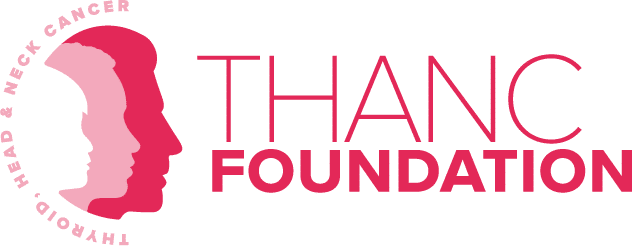
Dr. Catherine Sinclair has worked with thyroid patients for over 10 years. She completed medical school and residency in Australia, then moved to the United States for her two fellowships in head and neck surgery and laryngology. Although on the surface it may seem that these two fellowships are unrelated, Dr. Sinclair believes they are quite complementary and are both extremely relevant to thyroid care. She has combined her interest in laryngology and thyroid care by developing new techniques to monitor the function of the laryngeal nerves during thyroid surgery. In turn, this ensures that patients’ voices remain intact.
In addition to her work in intraoperative nerve monitoring, she is also one of only three surgeons in New York City who performs radiofrequency ablation (RFA) for thyroid nodules. This involves the use of a guided ultrasound to deliver an electric current that heats and shrinks benign thyroid tumors. This novel and exciting technique provides an alternative treatment option for patients with symptomatic benign thyroid nodules or small ‘micro’ cancers who do not want to, or cannot, undergo surgery. Dr. Sinclair is excited to reflect on her first year of using the RFA technique, and is currently writing a paper that summarizes her experiences and results.
there is always a “sense of satisfaction to have a patient wake up healthy from surgery, and know that I have done the best job I could do
As a thyroid surgeon, Dr. Sinclair sees patients both in the clinic and in the operating room. In the last ten years, she has performed thousands of in-office ultrasounds and biopsies. Her favorite part of being in the clinic is interacting with and listening to her patients. Because she sees her patients over many years, she frequently gets to know both them and their families! Dr. Sinclair says she will always “speak honestly, and discuss possible treatment options in a balanced way because in thyroid care treatment options are often not black and white.”
In the operating room, she is able to pursue her long-standing love of neck anatomy. She enjoys finding nerves, preserving them, and giving patients good outcomes. She states that there is always a “sense of satisfaction to have a patient wake up healthy from surgery, and know that I have done the best job I could do.”
When asked if she had any words of advice for patients currently undergoing thyroid cancer treatment, Dr. Sinclair said, “Know that your treatment team has your best interests at heart. We are a multidisciplinary team, made up of more than just surgeons. Physicians specializing in endocrinology, nuclear medicine, radiology, pathology and surgery all work together towards giving you the best possible treatment outcome.” She also hopes that thyroid cancer patients understand that the majority of thyroid cancers can be successfully treated. “It is critical to gather information on all available treatment options, as less aggressive treatments may be available for certain types of thyroid cancer.” Lastly, she hopes that anyone currently undergoing treatment for thyroid cancer “finds a treating team who can guide them through the treatment process with knowledge, kindness, respect and humility.”
30 Stories in 30 Days
September is Thyroid Cancer Awareness Month. As part of that theme, we will post stories written by thyroid cancer survivors, caregivers and medical professionals for our 30 Stories in 30 Days campaign. We hope their perspectives and insight will help others along their journey.


